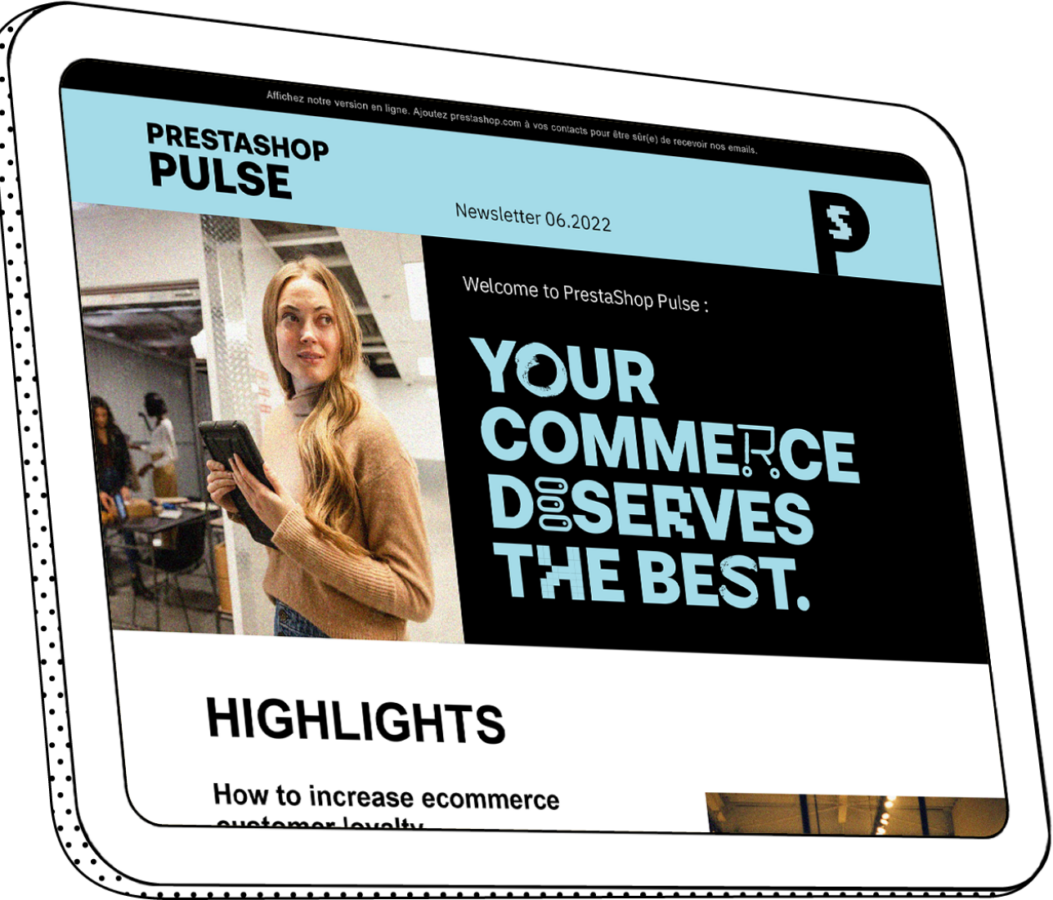4 Reasons Your Business is Being Flagged as High-Risk
When starting your business, the last thing you want to worry about are complications with your credit card processing. You have enough things to think about: your business’ offerings and website to pricing and marketing your products and services. With so many things on your plate, ensuring that one aspect of your business is taken care of will amount to less stress overall. Theoretically, as long as you have a legitimate business, you should be good to go, right? Wrong. Many businesses run into issues applying for and setting up their payment gateway online because they are found to pose too much risk on their acquiring bank.
You may be surprised to find out that a completely legal and legitimate business would struggle in this area. This is because each business is measured on multiple different aspects, not just for fraudulent activity. In fact, there are actually quite a few disqualifying reasons your business is being flagged as a high-risk account. Let’s jump into four of the most predominant causes and why they constitute a this label.
1. The Industry Your Business Belongs to
One of the most common reasons for a business being flagged as high risk is determined by the merchant’s industry. Other than the market your business exists in, there is an overall industry that each business falls into. This distinction is commonly outlined when the merchant is going through the merchant account application process. Each new business is filtered into a Standard Industrial Classification or SIC code. Every code corresponds with a certain industry type. This information is relayed from the payment processor to the potential bank who immediately label the business as either high risk or not. While some industries are on a case-by-case basis of approval, others are automatically restricted based on their SIC code.
Simply put, traditional banks make snap judgements about each application based on its industry, and many choose to deny business based on this classification alone.
Common High Risk Industries
Recently, CBD products and its derivatives have made a splash in the retail environment. Because their association with marijuana and the loosely defined legislation surrounding it, most banks won’t even touch a business if CBD is within their offerings. Thus why these businesses are kicked back to high-risk merchant services providers who themselves are struggling to find workable solutions. The overall industry is considered a reputational risk for most processors.
Another industry that is automatically flagged as high risk to common processors is adult entertainment. With so many different markets and avenues to it, this multi-billion-dollar industry is steadily growing. And with that constant growth comes a consistent number of merchants who plan to create businesses that will eventually seek payment processing. Adult content is still very much a taboo topic to openly associate with when it comes to credit card processing. Therefore, odds are your traditional merchant account providers such as Square or Stripe won’t have the ability to accept your business type, leaving you in a difficult place.
While CBD and adult entertainment are likely industries to get flagged, there is also a collection of seemingly harmless industries that are rejected for this reason as well. Nonprofits, tech support businesses, and even supplements are found to be inherently risky. The reason for this is that reputational risk isn’t the only reason for a business to be denied, it also comes down to the financial risk. If an industry type commonly has fraudulency or high chargebacks, such as tech support and supplements, it poses just as much of a risk to the bank and therefore is automatically tagged as high risk.
2. Chargeback Ratio Isn’t Cutting it
Ah, the dreaded chargeback. All business deal with them, some more than others. Chargebacks are penalty fees that occur when a customer requests a refund on your product or service from their bank rather than from you, the seller. From there it is a long list of back and forth between the customer’s bank and the seller’s bank in order to return the lost funds. The whole process is tedious and inconvenient for all parties.
A worrisome detail about the chargeback process is that these instances are tracked. A merchant account will be given a chargeback ratio percentage which reflects the rate of chargebacks to successful transactions. Many banks don’t support businesses if their percentage is higher than 2%, which is a very low threshold for many online business owners. While a certain number of chargebacks are allowed (Hey, things happen!), respectable chargeback ratios are the key to avoiding that high-risk label in this case.
Making a Bad Situation Worse
Industries that see a lot of chargebacks, such as subscription services, struggle to find a long-term processor. Some banks will accept the business until it crosses that threshold, then drop the business from their acceptable list. This leaves the owner with not only no ability to process transactions, but also a reduced chance of obtaining another processor in the future.
Because of this small number being exceeded, other possible banks are far less likely to take the risk with your business. You are no longer considered good candidates for credit card processing.
Although this action can occur for a number of reasons and is sometimes unavoidable, the result is the same. Banks dislike providing these refunds and penalize their merchants with higher fees and in some cases full account closure.
3. Credit History
Despite your strides to open a business and prove its validity, your personal reputation can be a hold back when applying for a merchant account. In particular, your credit score. Similar to financing a car or applying for a loan, banks want to see some history. Your interaction with credit is deemed a significant indicator of responsibility for processors. Low credit scores can mean the difference between a traditional, low-risk merchant account and a high risk one.
Monitoring your credit score and staying within a reasonable amount of debt are two simple ways to avoid your account becoming riskier than it needs to be. Maintaining an adequate credit score in life is like the gift that keeps on giving. The higher the score the more perks you are offered when applying for things like a merchant account or a mortgage. While you can definitely still secure payment processing with a lower credit score, this just means that you will most likely need to reach out to a high-risk specialty merchant services company.

4. You’re a New Business
When conveying the plans of your start-up business, it can be difficult to detail your exact vision. There are a lot of factors to consider that goes into starting a business and payment processing is just one of those steps. Oftentimes it is one of the last things that business owners seem to secure, even though it means the difference of accepting payments and not.
One of the required pieces of information you will need to start your business is a record of earnings. But because your business may not have any previous processing history, the bank is left to assume the worst with your account. Processors look at the lack of business history as a negative. In their eyes, there’s not a lot of credibility they can observe on your end as a first-time business owner. Providing personal bank statements can help to make banks feel more at ease, but does not replace business processing history. Will your business thrive immediately or will it close in the first month? These questions are what the bank will ask themselves when your application is in front of them.
If you’re a start-up, all of the requirements that go along with creating your business can appear intimidating. Unfortunately, being a new business owner is something that cannot be overlooked. You must jump through the necessary hoops and take on the risk of your business until you can prove that it is legitimate. As you begin ticking the boxes off of your new business’ to-do list, you may find it beneficial to hold credit card processing as one of the most important aspects.
Conclusion
As you can see there are a lot of reasons why businesses get flagged as being high-risk. Industry type, chargebacks, credit history, and the fact that you are a new business all affect your possibility for a merchant account. The main takeaway here is that being labeled high-risk isn’t necessarily a negative thing. Despite common misperceptions, there are legitimate businesses that are flagged as riskier than others for no other reason than the banks want it that way.
If your business falls into one of the categories above, searching for a high risk account may help to get months of processing under your belt and not worry about impending closure. Even better than that, they provide the foresight and experience to accommodate every business in every capacity.






